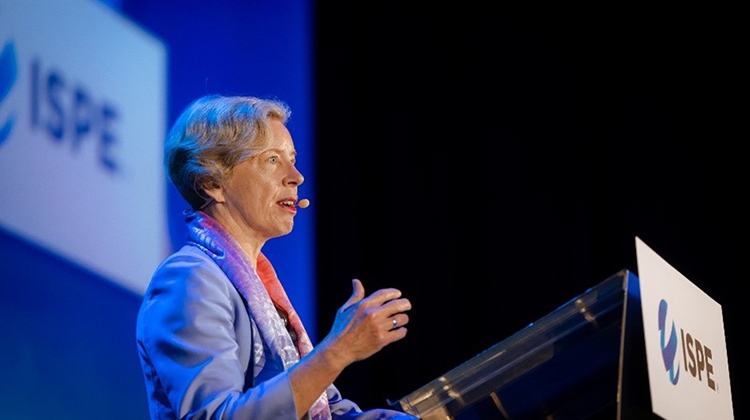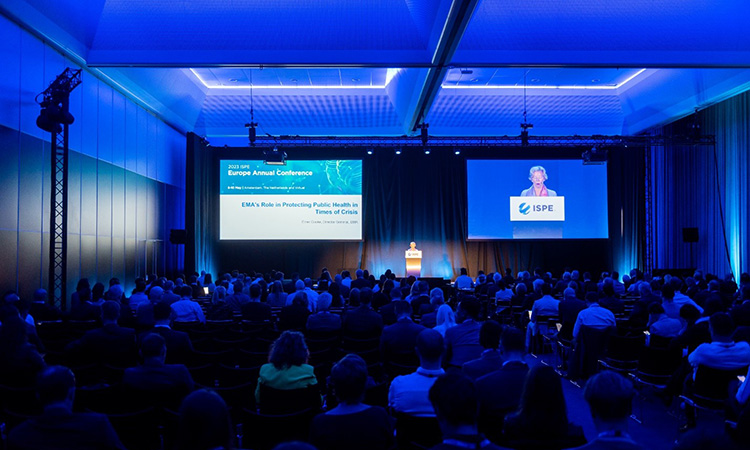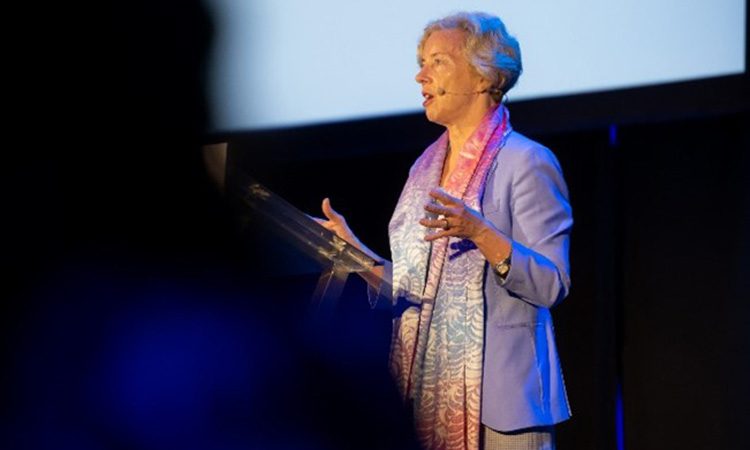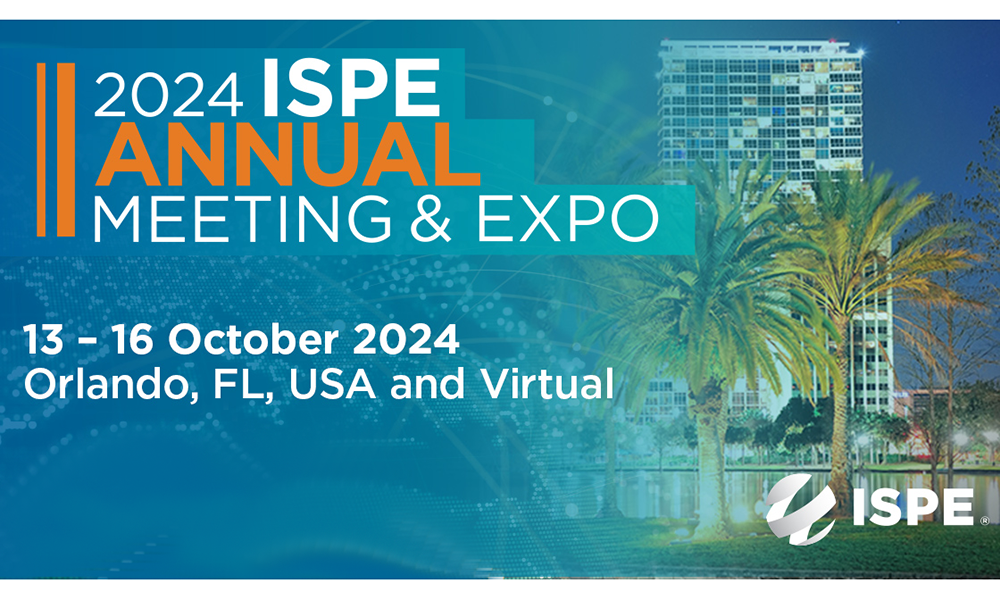Cooke highlighted three important drivers that helped overcome the pandemic’s challenges – adaptation, trust, and collaboration. She explained how the pandemic conditions reinforced the need to be agile in dealing with supply and demand as well as meeting the needs of citizens, how trust, built in “better times,” helped. She also noted that collaborative efforts allowed for the unprecedented speed with which vaccines were developed and distributed throughout Europe.
“Early in the pandemic we realized that, due to travel restrictions, we would have to carry out inspections differently,” said Cooke, citing the agility with which both industry and regulatory bodies worked. “Working remotely put pressure on the experts, it tested our resolve and our capacity, but industry moved quickly, and so did we.”
Reviewing some of the challenges during the pandemic, Cooke also commented on the need not only to continue supervising manufacturing sites, when on-site inspections were difficult but also to communicate effectively with the public while dealing with increasing levels of misinformation regarding the coronavirus and vaccines.
“We all stepped up and innovated – and we were able to provide rapid scientific advice to developers, accelerate our processes and deal with new challenges, while working remotely,” she noted. “We should all take great pride in what we have done and in which we have succeeded.”
She went on to say that “trust underpins everything in medicines regulation”, quoting the need for multilateral inspection reliance between authorities in the EU and worldwide during difficult periods such as caused by the pandemic. Trust is also critically important in communicating effectively with the public.
“Clearly, we could not do it alone,” she said.
When she cited the importance of collaboration and talked about the collaborative efforts in Europe and especially those resulting from the work of the International Coalition of Medicines Regulatory Authorities (ICMRA), a voluntary, executive-level, strategic coordinating, advocacy, and leadership entity of regulatory authorities who work together that will this year celebrate a decade of existence.
“The European system is built on collaboration,” said Cooke, who serves as chair of the ICMRA. “We work best collaboratively as collaboration is critically important for clarifying regulations, sharing data, and working to embrace changes and new technologies. Innovation happens at a fast pace, and we must make sure that regulations do not create “bottlenecks.”
She said that ICMRA is working on a number of projects, one pilot is aimed at building upon what was learned during the pandemic about remote and hybrid inspections, while other projects address vaccine safety and communication issues and better coordination of clinical trials in emergency situations.
We are in exciting times of great change and potential and we look forward to working with our colleagues at ISPE – you are valuable partners.
With an emphasis on the importance of collaboration for having accomplished so much in such a short time, Cooke also noted how quickly industry worked, and thanked members of industry for their accomplishments.
“We were able to provide rapid scientific advice to developers and reduce our evaluation times through rolling reviews, enabling the authorization and roll-out of the first vaccine just nine months after the pandemic was declared,” she reminded attendees.
In closing, she reiterated that both regulators and industry should remember what was achieved during COVID and be proud of it.






